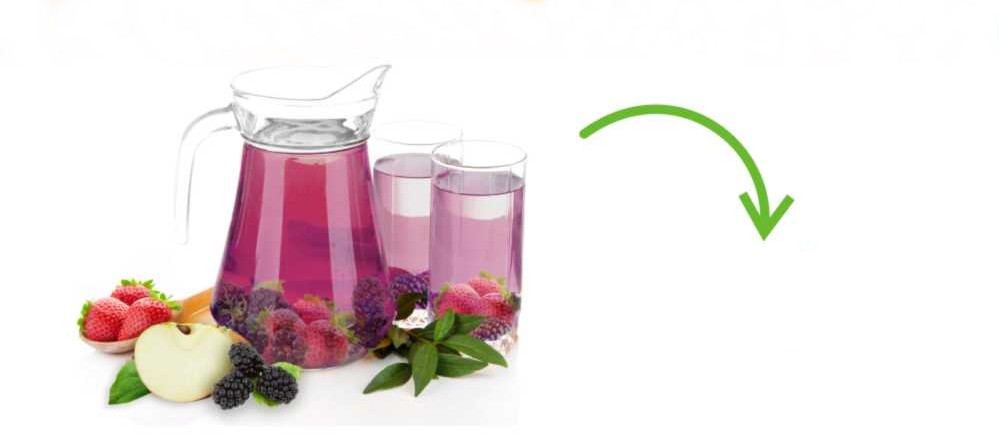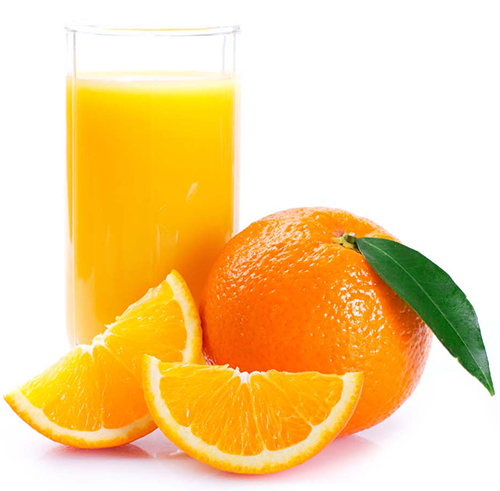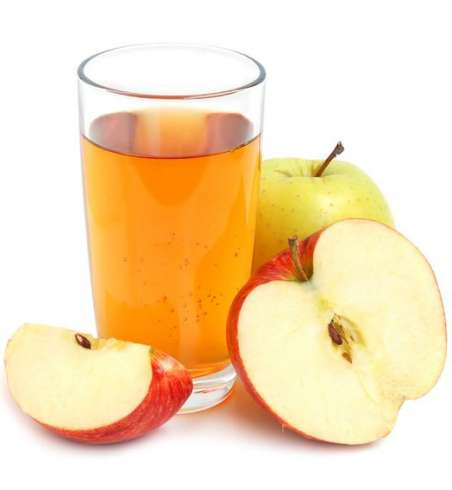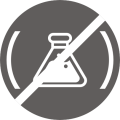100% orange juice and 100% apple juice meet the requirements of the Regulation of the Minister of Health of 26 August 2015 on the requirements for foodstuffs for children and adolescents served in school canteens.
SGS
certificate
Comprehensive tests performed at a recognized analytical laboratory, SGS, showed that Purena juices are characterized by high nutritional values and meet the requirements of the Regulation of the Minister of Health on foodstuffs used in the mass catering for children and adolescents.
Expert Report of the National Institute
of Healthy Nutrition
The expert report showed that the products: PURENA concentrated 100% orange juice, PURENA concentrated 100% apple juice comply with the requirements of the Regulation of the Minister of Health on foodstuffs used in the mass catering for children and adolescents.
Forest fruit compote without sugar

Homemade and always delicious fruit compote without sugar – created for children!
From 1 kilogram of our concentrate, you will prepare as much as 10 liters of ready-made compote.
Order it for school, sanatorium or other facility with meals for children!
Orange juice

It is a source of natural vitamin C and valuable fibre, important for our health, in addition to containing vitamin E, which is responsible for strengthening blood vessels and protecting red blood cells against premature decomposition.
Apple Juice

Działa przeciwwirusowo, ułatwia przemianę materii, obniża poziom cholesterolu i
ciśnienie tętnicze krwi. Fruktoza jabłek stabilizuje poziom cukru we krwi. Błonnik zapobiega chorobom naczyń krwionośnych i cukrzycy.
PURENA juices

ARE DURABLE, COST-EFFECTIVE, ENVIRONMENTALLY FRIENDLY
because like no other thanks to their concentrated form they consume 5 times less packaging and weigh 5 times less than consumer products: juices in bottles or 1-litre cartons

DO NOT CONTAIN ADDED SUGAR
as such an additive is prohibited by law. The sugars found in the juice: mainly fructose and glucose come solely ?from the fruit!

DO NOT CONTAIN PRESERVATIVES OR ARTIFICIAL SWEETENERS
as such an additive is prohibited by law

DO NOT CONTAIN ANY ALLERGENS
CREATED WITH OUR CHILDREN’S HEALTH IN MIND
The Regulation of the Minister of Health of 26 August 2015 on groups of foodstuffs intended for sale to children and adolescents at educational facilities and the requirements to be met by foodstuffs used in the mass catering for children and adolescents at such facilities fundamentally changes the range of possible products which can be used to compose menus for canteens operating in educational institutions: schools, kindergartens, children’s clubs.
In accordance with this Regulation and the list of foodstuffs approved for mass catering for children and adolescents at educational facilities, as of 1 September 2015 the following groups of beverages will be approved for use:
– milk and milk products
– mineral water, spring water and table water
– milk replacement drinks as soya, rice, oat drinks and others
– fruit cocktails and fruit and vegetable cocktails
– drinks prepared on site without added sugars (only honey can be used) such as tea, ?fruit infusions
with natural flavouring, cereal coffee, cocoa, fruit compote drinks
– fruit juices, vegetable juices and fruit-vegetable juices without added sugar or sweeteners
– tea, fruit infusions and fruit teas
This means that it will not be able to serve currently most popular products such as syrups, cheap drinks with sweeteners and preservatives in school canteens.
The main aim of the legislator was to stop the growing problem of obesity in children, which is largely connected to abnormal diet and low level of physical activity. High-fat, sugary, sweetener-based products containing preservatives are restricted or, in many cases, excluded from use. This regulation constitutes part of a broader campaign to make sure that children DO NOT EAT JUNK and is a legal regulation banning the sale and distribution in schools of inappropriate products such as energy drinks and cola-type drinks. At the same time, healthy natural products such as 100% juices, water, tea and fruit compotes are preferred. Even fruit drinks do not meet the requirements of the regulation.

Perfect choice


